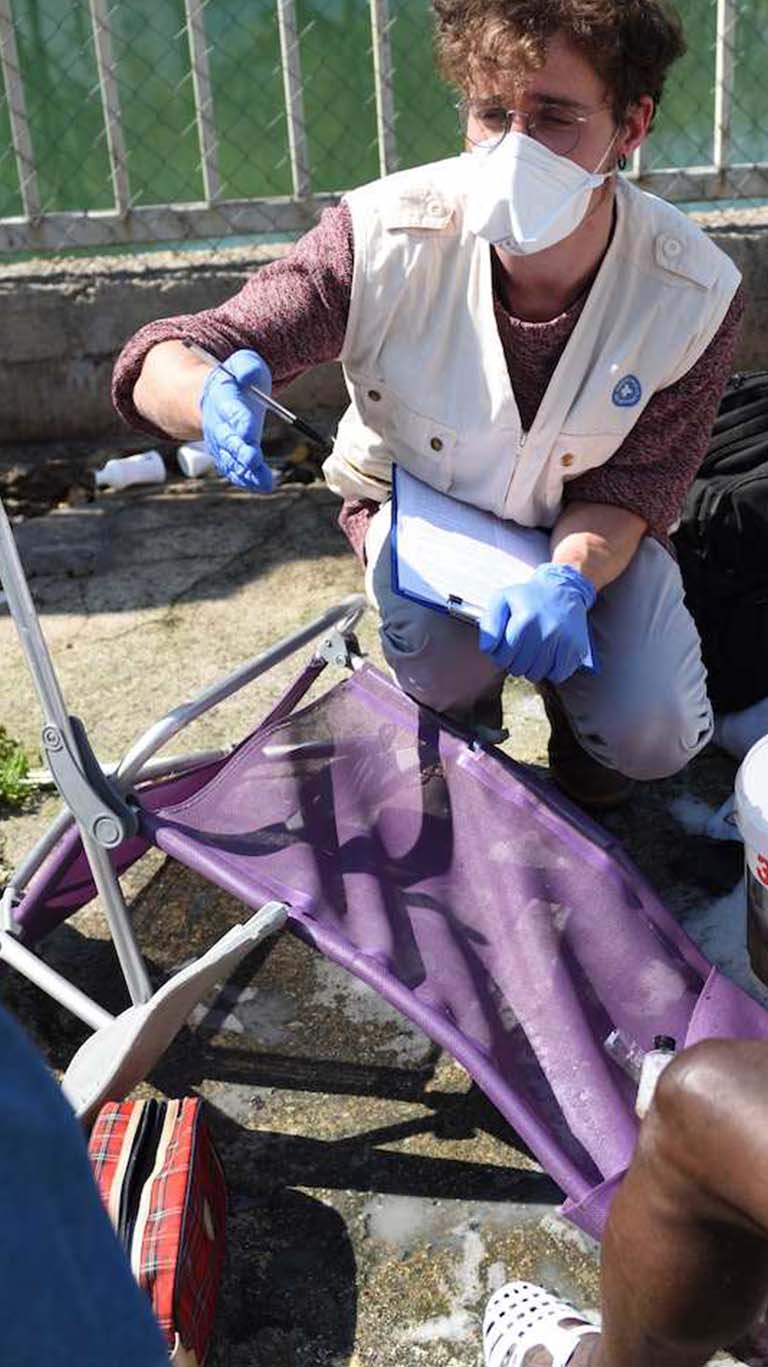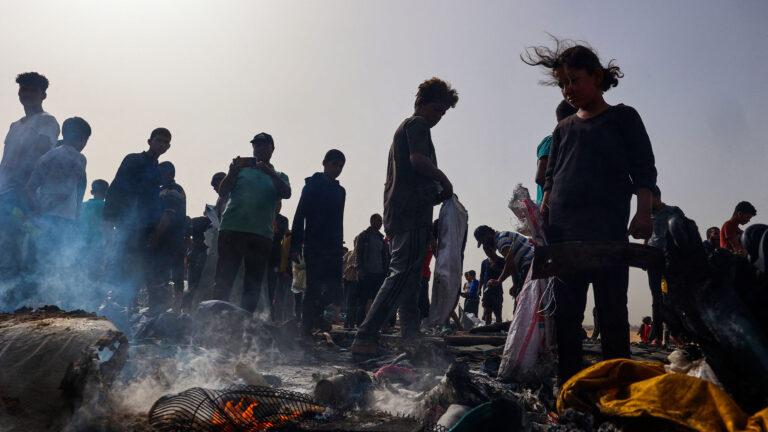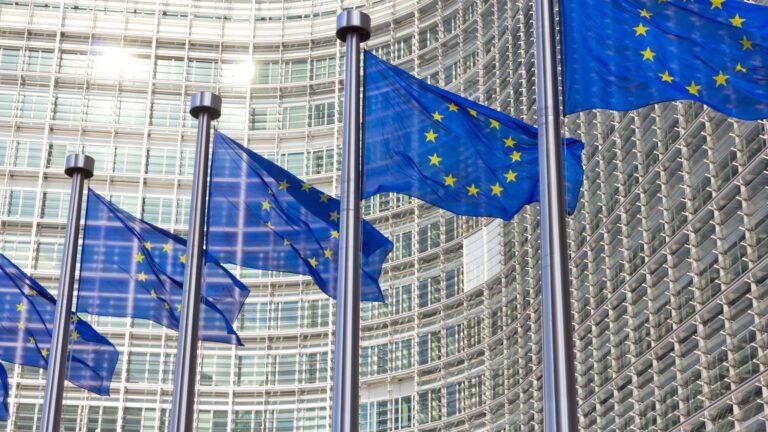JE DÉCOUVRE LE DON MENSUEL
JE DÉCOUVRE LE DON MENSUEL
JE DÉCOUVRE LE DON MENSUEL
JE DÉCOUVRE LE DON MENSUEL
JE DÉCOUVRE LE DON MENSUEL
JE DÉCOUVRE LE DON MENSUEL
JE DÉCOUVRE LE DON MENSUEL
JE DÉCOUVRE LE DON MENSUEL
JE DÉCOUVRE LE DON MENSUEL
JE DÉCOUVRE LE DON MENSUEL
JE DÉCOUVRE LE DON MENSUEL
JE DÉCOUVRE LE DON MENSUEL
JE DÉCOUVRE LE DON MENSUEL
JE DÉCOUVRE LE DON MENSUEL
JE DÉCOUVRE LE DON MENSUEL
JE DÉCOUVRE LE DON MENSUEL
JE DÉCOUVRE LE DON MENSUEL
JE DÉCOUVRE LE DON MENSUEL
JE DÉCOUVRE LE DON MENSUEL
JE DÉCOUVRE LE DON MENSUEL
JE DÉCOUVRE LE DON MENSUEL

Summary of the observatory report on access to rights and care 2020
This 2021 Observatory report on access to rights and healthcare focus specifically on analysing the first year of the health crisis. It provides an objective and balanced account of our findings on the ground.
The COVID-19 pandemic that spread throughout the world in 2020 has forced us to see health as a common and essential good. In France, the rapid propagation of the virus revealed the limitations of the country’s health system and the shortcomings of its public health policies. As for individual people, they were obliged to come to terms with their own vulnerability to the disease, borne out by the lockdowns and restrictions on our freedom.
Yet, although this pandemic has affected all of us wherever we are, it has not had the same impact on everyone. Indeed, after a brief period of stupefaction, Médecins du Monde (MdM) quickly realised that the consequences of the crisis would weigh heaviest on the daily lives and health of those already marginalised and fragile.
As early as March, our teams in France began adapting their reception and outreach activities to take account of the constraints imposed by COVID-19. The challenge was to maintain the strongest links possible with the populations most excluded from rights and healthcare. Through our presence on the ground, we also sought to participate in the collective response to the pandemic whilst constantly reminding institutions and political leaders of their responsibilities towards those in the direst situations.
Based on our experience, and without claiming to have a global vision of the epidemic’s impact in France or revisiting all the weaknesses in its management (mask policies, contradictory discourse, etc.), we felt it was important to bear witness to and put into perspective the difficulties experienced by people living in precarity in accessing healthcare and rights.
This Observatory report on access to rights and healthcare focus specifically on analysing the first year of the health crisis. It provides an objective and balanced account of our findings on the ground. It describes the consequences of the epidemic on the health of populations living in precarity and shows how access to decent living and hygiene conditions are vital elements of the COVID-19 response. It also illustrates the importance of having appropriate prevention strategies incorporated into curative healthcare and of developing outreach and health mediation for people cut off from the healthcare system – as well as the issue of working hand in hand with them.













